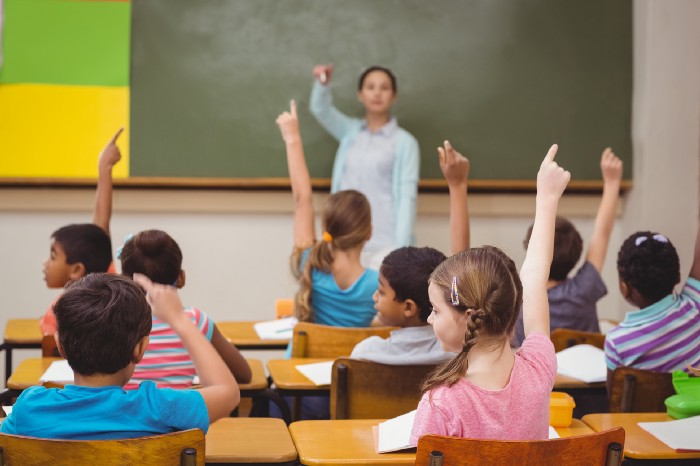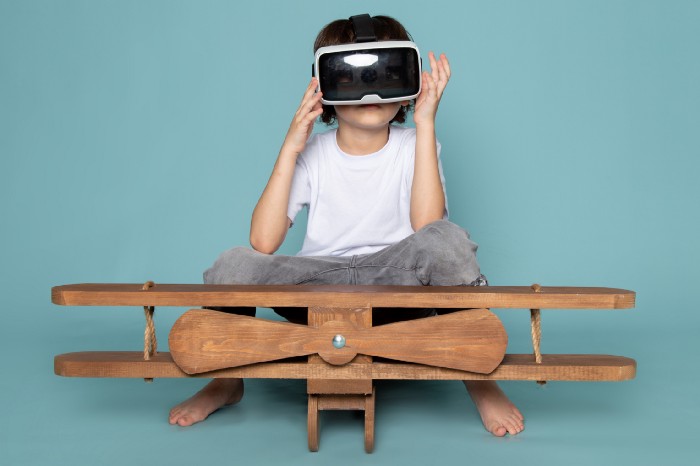
Education in India has recently earned worldwide attention not only from educationists, but also from researchers, entrepreneurs, technologists, innovators, investors, international agencies and the government. It was unpredictable whatthe physical, social and knowledge environment will be like, three decades from now as the rate of innovation has been unusual over the last 30 years.

We are part of a world where the requirement to accomplish educational and career achievements have become the only goal of a person’s life. How did this change occur? Or is this what we really desire to attain as a society and as individuals?
Do you agree that the present education system syllabus in schools is efficient to make our children’s future ready? Well I have learned thousands of things in my childhood that i didn’t even use till the date now and there is no hope to use that in future too…
Well, where do I use differentiation and integration long methods of solving all the equations, where lagrange theorems are fitting in my life. What would I do with the integration, while the names are many more? If I can’t use this in my future, what is the point of learning all those? Not learning only memorizing, I am rephrasing my own words again because all of us we are doing in school is only memorizing things to get good grades that define our whole life. Those numbers of mathematics on a single paper that will give a good job, good college admission and good life known as ranks. I think memorization and facts, which most standardized tests are like, is not the way forward for us. It should be about solving problems, real problems, that they find themselves — creatively, critically, collaboratively and if they can do that then we’re on a good track I think. The focus in assessment in my opinion should be on empathy, creative thinking, and communication.

The three words coming into my mind for school are consuming, compliance and sequential while learning needs creating, challenging perceived norms, random and non-linear. I think education as well should be more about creating real, meaningful work that matters to the community as a whole, because a lot of times in schools we have students do projects for us and they are not shown to anyone and if students are doing projects for you, they want them to be good enough. But if they’re doing it for the world and they’re showing their skills and people can find their work, not all of it but some of it, they want it to be good, they want it to be really good. So, that’s a big difference.
We have to add I think how we are preparing, that’s a big question and that varies a lot between what people are doing and I think it should, in a way. Assessment and standardization requires us and wants us to do the same thing for everyone, exactly the same thing, but what we really need is different types of skills and then the ability to collaborate with each other. So, I don’t have to be decent at everything, it’s alright to be bad at some things. I’m terrible at some things but I know people who are better than me in a lot of ways, so I find those people and I find a way to work with them, so that’s how we do great stuff.
We have to introduce a skill-based syllabus in schools, where children come to know different professional challenges dealing with real-life problems. I must say there is a two-year entrepreneur program for kids. The ability to think and innovate and speak and fail — not afraid to do that — and empower others, have a vision, know how to communicate their message and collaborate with others — collaborate with people who are different than you, hear different points of view and show true character through adversity. I think that’s one of the main things we need to be focusing on.

.We shall build a generation who can think critically so as to solve complex problems, communicate efficiently, work collaboratively, and learn how to learn. I think we should really focus on how we can co-exist and how we can actively make the world better for everyone.